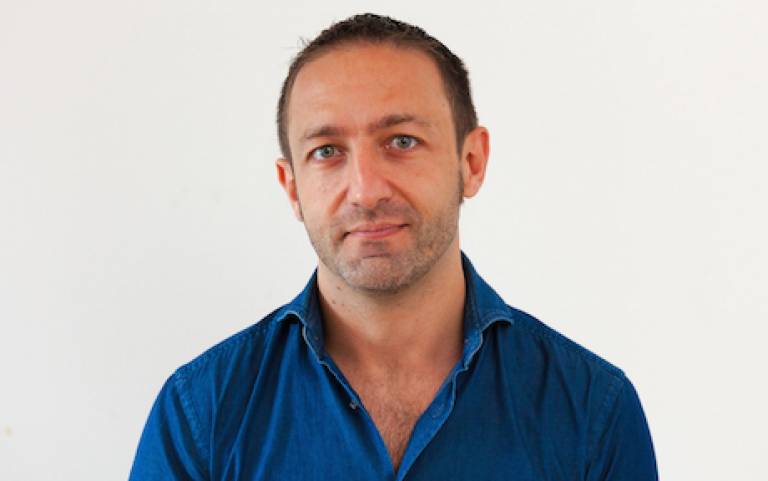Professor Daniele Quercia | The New Urban Success: How Culture Pays
20 February 2019, 5:00 pm–6:00 pm

This event is free.
Event Information
Open to
- All
Availability
- Yes
Cost
- Free
Organiser
-
Dr Ana Basiri
Location
-
Room G0385: 26 Bedford Way26 Bedford WayLondonWC1H 0DSUnited Kingdom
Urban economists have put forward the idea that cities that are culturally interesting tend to attract “the creative class” and, as a result, end up being economically successful. Yet it is still unclear how economic and cultural dynamics mutually influence each other. For the first time, we operationalize a neighborhood's cultural capital in terms of the cultural interests that pictures geo-referenced in the neighborhood tend to express. This is made possible by the mining of what users of the photo-sharing site of Flickr have posted in the cities of London and New York over 5 years. We find that the combination of cultural capital and economic capital is indeed indicative of neighborhood growth in terms of house prices and improvements of socio-economic conditions. Culture pays, but only up to a point as it comes with one of the most vexing urban challenges: that of gentrification. Interactive maps of the two cities, publication, and datasets are available under http://goodcitylife.org/cultural-analytics/project.php
About the Speaker
Professor Daniele Quercia
at Bell Labs Cambridge / The Centre for Urban Science and Progress (CUSP) London
Daniele Quercia is Department Head of Social Dynamics at Nokia Bell Labs Cambridge (UK) and Professor of Urban Informatics at the Center for Urban Science and Progress (CUSP) at King's College London. He has been named one of Fortune magazine's 2014 Data All-Stars, and spoke about “happy maps” at TED. His research has been focusing in the area of urban informatics and received best paper awards from Ubicomp 2014 and from ICWSM 2015, and an honourable mention from ICWSM 2013. He was Research Scientist at Yahoo Labs, a Horizon senior researcher at the University of Cambridge, and Postdoctoral Associate at the department of Urban Studies and Planning at MIT. He received his PhD from UC London. His thesis was sponsored by Microsoft Research and was nominated for BCS Best British PhD dissertation in Computer Science.
web: researchswinger.org
 Close
Close

